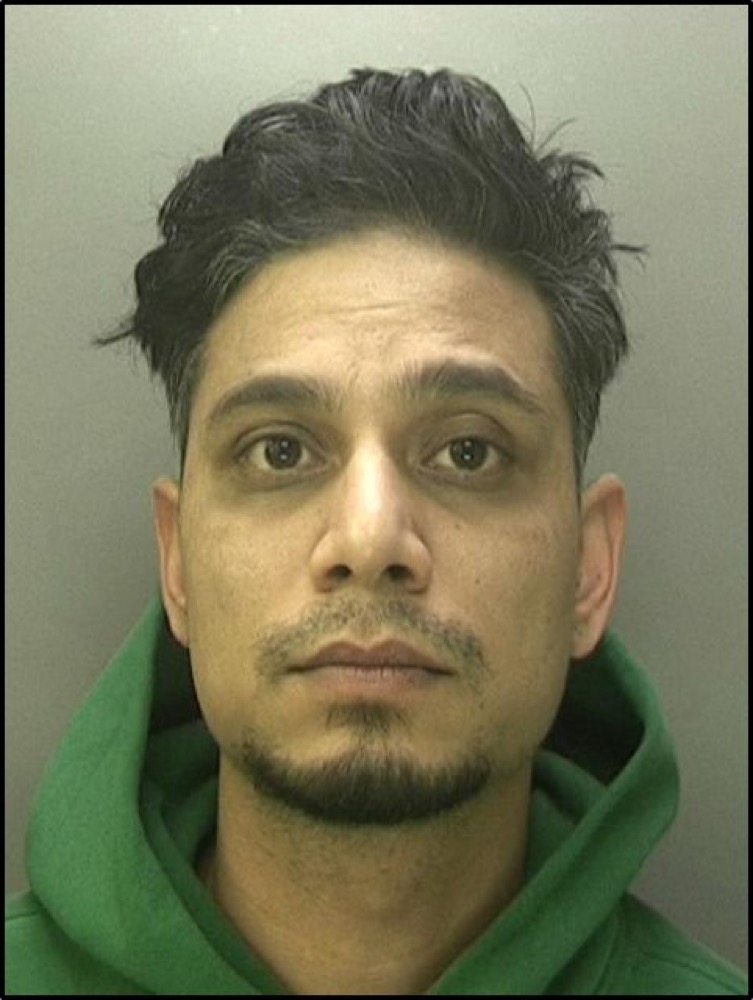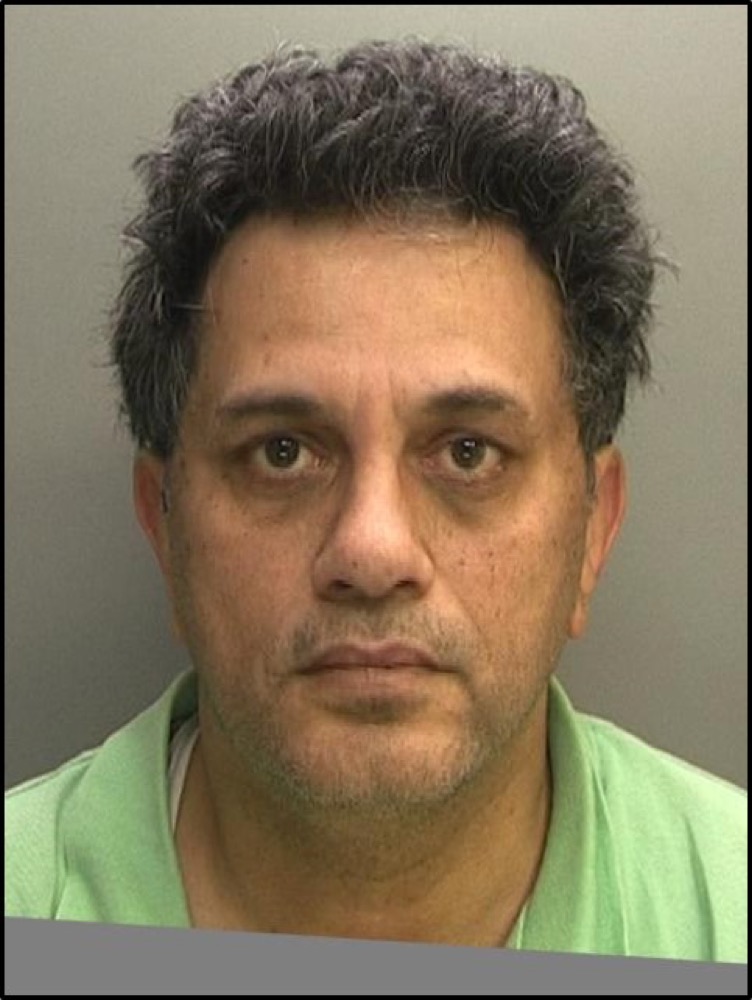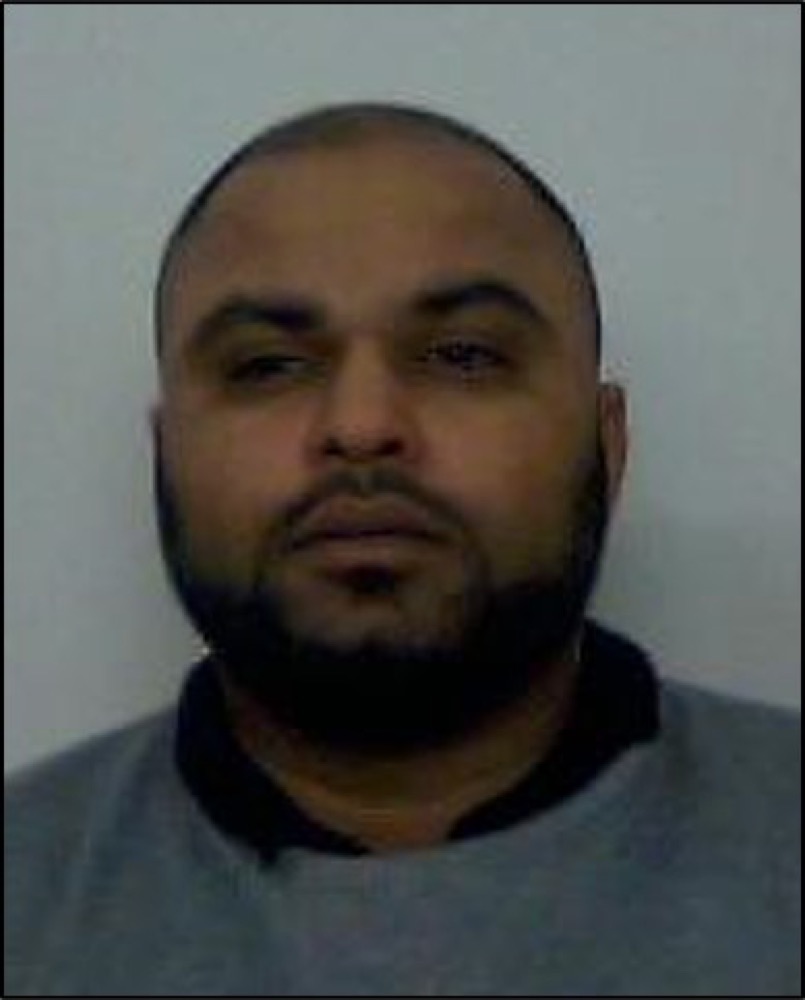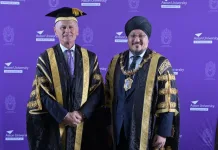Three fraudsters who used malware to steal tens of thousands of pounds from victims across the country have been sentenced.
The following were sentenced at Birmingham Crown Court on Friday, 29th November.
Usman Khan, 32, from Birmingham was charged with conspiracy to defraud and two counts of conspiracy to conceal / disguise / convert / transfer / remove criminal property. He admitted the offence and was jailed for four years and six months.
Abhay Singh, 33, from Abingdon was jailed for three years and four months and Naveed Pasha, 56, also from Birmingham was jailed for two years, suspended for one year and nine months.
The case focuses on a long-term cyber fraud and money laundering operation committed by a sophisticated criminal group between January 2016 and January 2019.
“Mule” accounts
The group used malicious software to infiltrate computers, enabling them to access the bank accounts of individuals and businesses.
The conspirators removed substantial funds from each account before transferring the money to other “mule” accounts under their control. They would then make a final movement of the funds before withdrawing it at banks across the country.
Khan controlled the criminal enterprise through the use of aliases and the support of a trusted group of criminal associates. He had a leading role in all elements of the conspiracy.
Khan on the radar

Khan first came to the attention of officers following the arrest and conviction of 39-year-old Vugar Mollachiev in March 2017. He was charged with and pleaded guilty to conspiracy to defraud and money laundering, and was jailed for nine years.
During the search of Mollachiev’s house, a number of significant electronic devices were seized. It is from detailed analysis of these devices and the 46,700 lines of interaction located on an encrypted message platform that Khan was first identified.
Within the messages officers discovered evidence dating back to April 2016 of Khan searching for software which he could use to access the bank accounts of members of the public.
His role at that time was to provide and control UK bank accounts to allow fraudulently obtained money to be transferred through – known as mule accounts. The money in these accounts would eventually be withdrawn and supplied to a criminal network. Within the messages discovered on Mollachiev’s device, officers found additional conversations demonstrating Khan’s desire to become further involved in the deployment of malicious software.
Up to £40,000 per day
Khan was involved in thousands of conversations discussing the fraudulent movement of up to £40,000 a day into mule bank accounts from both personal and business victim bank accounts.
His offending was first discovered when on 2 March 2016 the owner of a private company noticed two fraudulent debits which had been completed on the company’s online banking platform – both for approximately £24,000.
Further investigation of banking activity identified thirteen accounts which were being used by Khan to launder fraudulent funds. Throughout the course of his offending Khan assumed multiple identities, setting up gas and tax accounts to legitimise his activity under each alias.
School target
Khan and his co-conspirators defrauded a school out of more than £15,000, in November 2017 they defrauded a victim out of her life savings – approximately £45,000, in March 2017 and May 2017 they stole £10,000 and £16,600 respectively from other personal accounts.
The group used a range of methods to gain access to the victim bank accounts and transfer money out.
When officers carried out surveillance on Khan, they witnessed him, alongside Singh and Pasha, travelling to a range of banks and make numerous withdrawals and deposits of cash.
CCTV from inside many of the premises corroborated the fact the group were withdrawing large sums of cash, travelling to a different bank and re-depositing it different mule accounts.
In May 2018 the group were also involved in the theft of £100,000 from a victim’s personal account.
Arrests
Khan was arrested on 30 January 2019 when officers carried out a search warrant at his home address. Officers seized a number of mobile phones, a laptop and a range of banking material.
Pasha was also arrested at his home address on the same day. On arrest he told police he committed the offence because he needed the money to support his family. Officers seized a number of mobile phones from the address.
Singh was also arrested at his home address. Officers seized a wide range of objects including driving licences and bank cards belonging to other individuals, quantities of cash, paying in books belonging to businesses.
Complex investigation
DS Gavin McKay from Central Specialist Crime said: “This group of criminals stole tens of thousands from individuals, businesses, schools and other organisations.
“They showed no regard for the livelihoods of members of the public, or the future of some businesses during the course of their actions.
“I am pleased with the sentence these individuals have received. It should send a clear message to anyone considering carrying out such crimes that we have the ability and expertise to track you down and bring you to justice. This has been a lengthy and highly complex investigation, and I am incredibly proud of my colleagues’ endeavours in bringing these three men before the courts.
”Fraud is often highly difficult to investigate and prosecute, but I want to reassure the public that we will do all we can to identify and arrest those responsible for such crimes. I would also like to thank the National Crime Agency for their assistance in this investigation.”
Phil Larratt from the NCA’s National Cyber Crime Unit said: “Cyber criminals rely heavily on money launderers like Khan and his associates who, in this case, ensured a criminal network were able to access thousands of pounds they stole from victims.
“We are committed to supporting and working with our partners, both nationally and internationally, to target those involved in cyber crime and prevent further people in the UK being defrauded.”

















